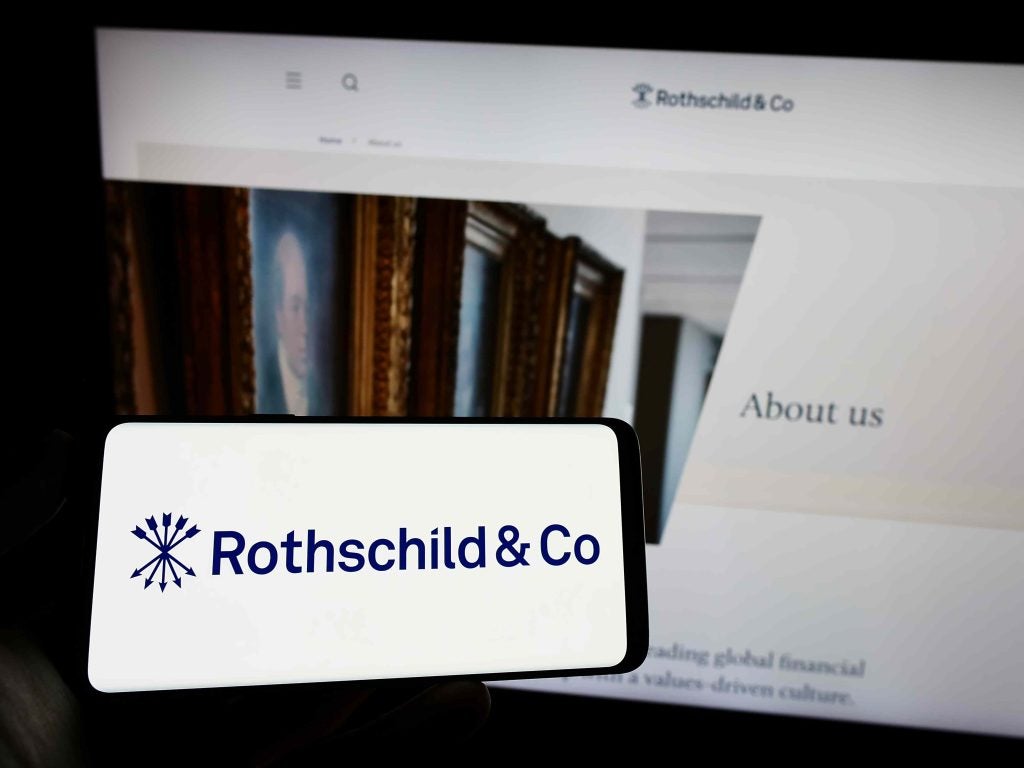Robo-advisors and wealth managers need to be more friends than foes to battle growing compliance burdens. With increasing regulations, compliance is proving to be expensive for all financial firms – from the biggest wealth managers to tight-budgeted start-ups. While incumbent wealth managers can gain new solutions from robo-advisory firms, they should also be ready and equipped to help fintech companies with their compliance challenges through partnerships.
One of the main challenges fintech companies struggle with at inception is compliance, as the financial industry is one of the most regulated sectors. In the early stages of development, startups try to reduce operational costs and focus their expenses on winning new business, and compliance can easily become low-priority.
A major issue fintech companies often face is the lack of clarity in regulation. As new entrants aim to ‘disrupt’ the industry, their products and ideas do not always fit into existing regulatory frameworks. It is also challenging to navigate across different legal specialties – some of which are incompatible – when it comes to operating internationally. On a more positive note, there is now a greater tendency for countries to create common regulations (such as the UK’s “Fintech Bridge” scheme) and sandboxes within which fintech start-ups can test their technological solutions. These initiatives, however, are at nascent stages.
Often regulators find it difficult to follow the pace of new developments in fintech. The future of financial regulation remains cast with uncertainty, especially for fintech companies.
Of course, non-compliance can be costly. In 2015, Ripple Labs, a fintech start-up, received a $700,000 fine for not complying with US regulations. Although no risk means no business, non-compliance can easily force challengers out of the market. Maintaining their reputations is essential to growing businesses and building the trust of consumers and stakeholders.
Traditional wealth management players know the challenges of compliance well – not only for the immense costs it entails, but also for the long-term damage non-compliance can cause to a company’s image. However, these bad experiences should translate into good advice for challengers.
How well do you really know your competitors?
Access the most comprehensive Company Profiles on the market, powered by GlobalData. Save hours of research. Gain competitive edge.

Thank you!
Your download email will arrive shortly
Not ready to buy yet? Download a free sample
We are confident about the unique quality of our Company Profiles. However, we want you to make the most beneficial decision for your business, so we offer a free sample that you can download by submitting the below form
By GlobalDataAs we are witnessing an increasing number of robo-advisors partner with traditional providers to grow their businesses, they can benefit from the knowledge, expertise, and experience of incumbents’ committed legal teams.
Without incumbents’ help, start-ups will have to seriously invest in compliance from the start of a project, bringing in expertise, in order to avoid the risk of the investment being burnt away with legal disputes. However, it can mean higher operational costs and fees for clients, undermining one of the key advantages they have over traditional competitors: pricing. While partnerships can enable an established player to bring in fresh skill sets and remain relevant, it can equally allow challengers to focus on what they do best: innovation.







